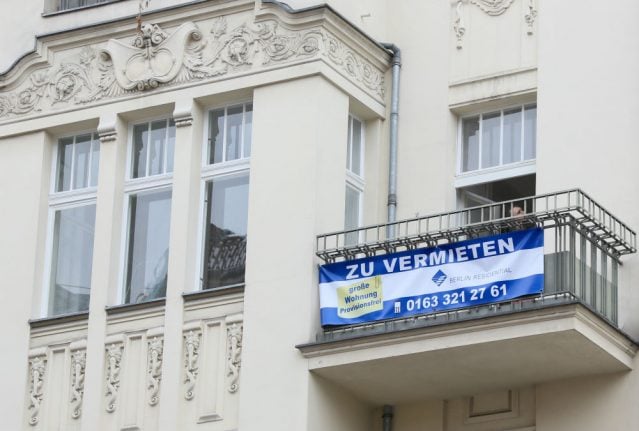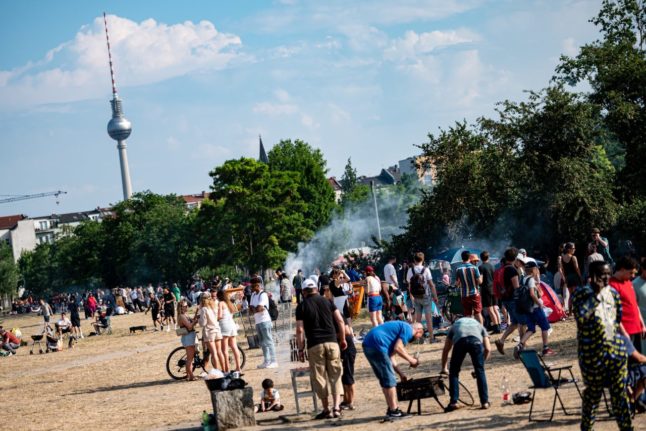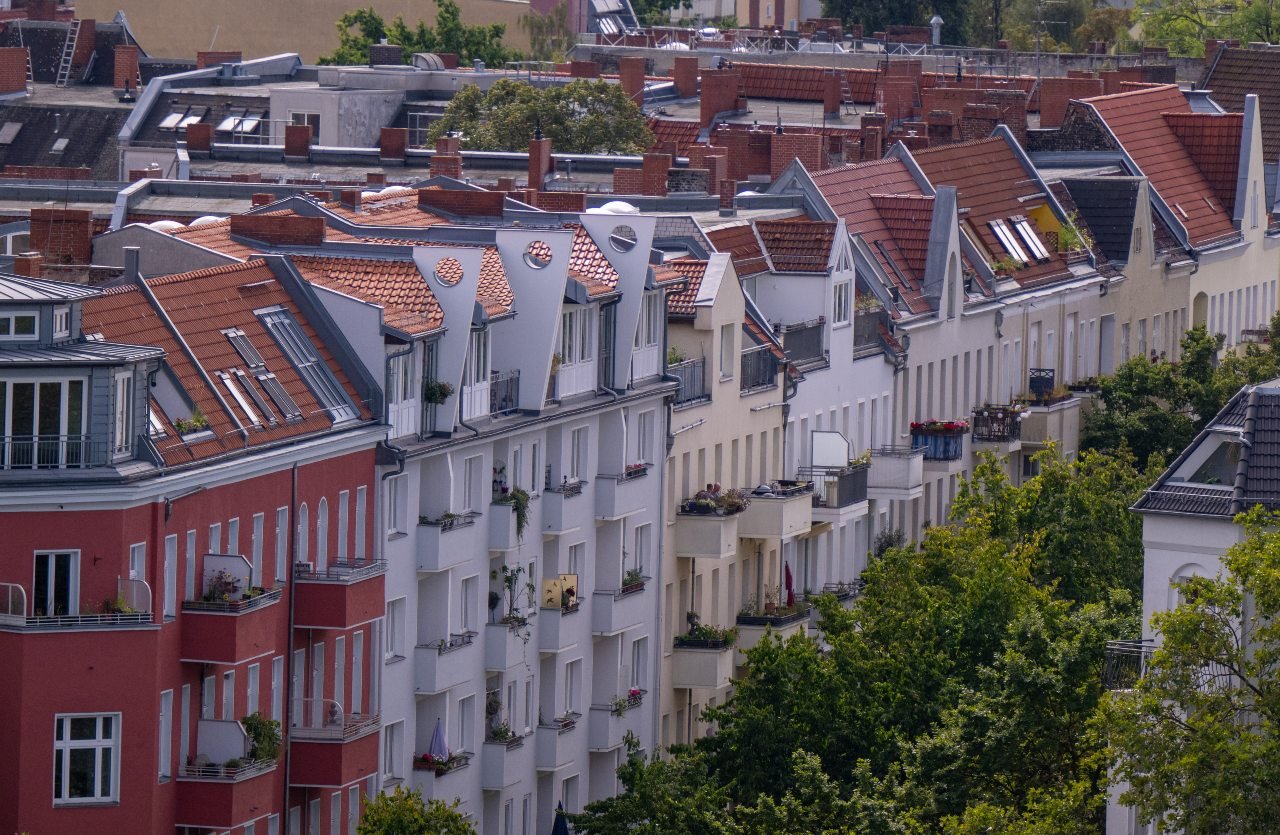In the advertisement on WG-gesucht.de, two young Berliners stated they were looking for someone to rent out a tent on their 10-square-metre balcony at a fee of €260 per month.
The headline of the posting states: “Rent a place to sleep on the balcony – rent a tent!” A photo shows a tent with pillows and two sleeping bags inside, as well as plants right next to the tent.
You can rent a tent in a balcony for €260 Euros in Berlin-Mitte
This isn't even funnyhttps://t.co/RZzsAXVuEm pic.twitter.com/jQ7OUzkRoU— Fotostrasse (@fotostrasse) May 26, 2018
According to the advert, those interested in joining the shared flat will be living with Marie and Bianca, two women in their early twenties who are currently completing their studies in the capital.
Due to “financial problems” the women are renting out their balcony. But those interested shouldn’t mind if they want to “sunbathe on the balcony from time to time or have a drink in the evening there.”
Prospective tenants are also informed that they will have access to the kitchen and bathroom. The location is “really great,” the ad goes on to write, as the nearest underground station is just “a minute’s walk” from the shared flat.
But even if this posting happens to interest you, it seems the balcony is no longer available as the advert has since been deactivated. “Sorry, the advertiser has already received enough requests,” states WG-gesucht.de.
Whether or not the posting was meant to be taken seriously, it highlights the difficulty of finding housing as well as the rising prices of accommodation in the German capital.
According to a study carried out by wg-suche.de, students in Berlin pay an average of €363 for a room in a shared apartment. For a single apartment of about 30 square metres, monthly rent payments are at least €438.
SEE ALSO: Berlin takes lead – 2 million affordable flats lacking in Germany
Last month the Hans Böckler Foundation found that Berlin leads the way as the German metropolis with the largest shortage of affordable apartments.
In 2017, an official city report showed that rents in Berlin shot up by nearly 10 percent in two years. Rent has gone up by as much as 39 percent in the last seven years, reports the Berliner Morgenpost.
Elsewhere across the country living costs aren’t cheap for students particularly in Munich. In the Bavarian capital, a room in a shared flat costs €616 on average and €785 for a single apartment. In Stuttgart, joining a shared apartment costs €485, followed by Frankfurt (€474) and Freiburg (€438).





 Please whitelist us to continue reading.
Please whitelist us to continue reading.
Member comments